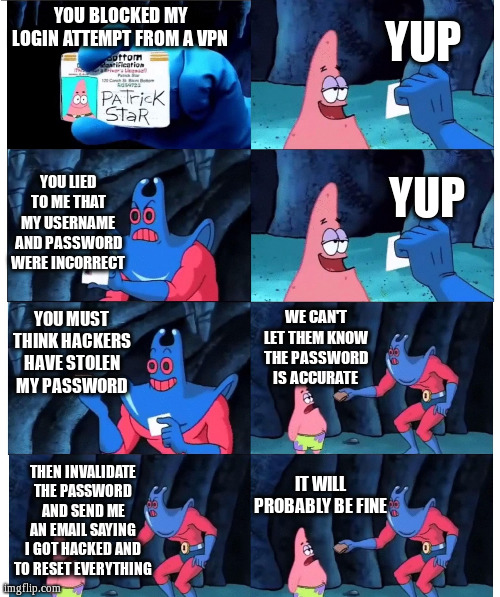
FYI, the magic about:config key that you need to set to false is “keyword.enabled”. After that Firefox will finally stop using any non-url string as a search query and will instead say say “Hmm. That address doesn’t look right. Please check that the URL is correct and try again.”








windy.com with a VPN in a private browser window. They can’t track you if they don’t know where you are!